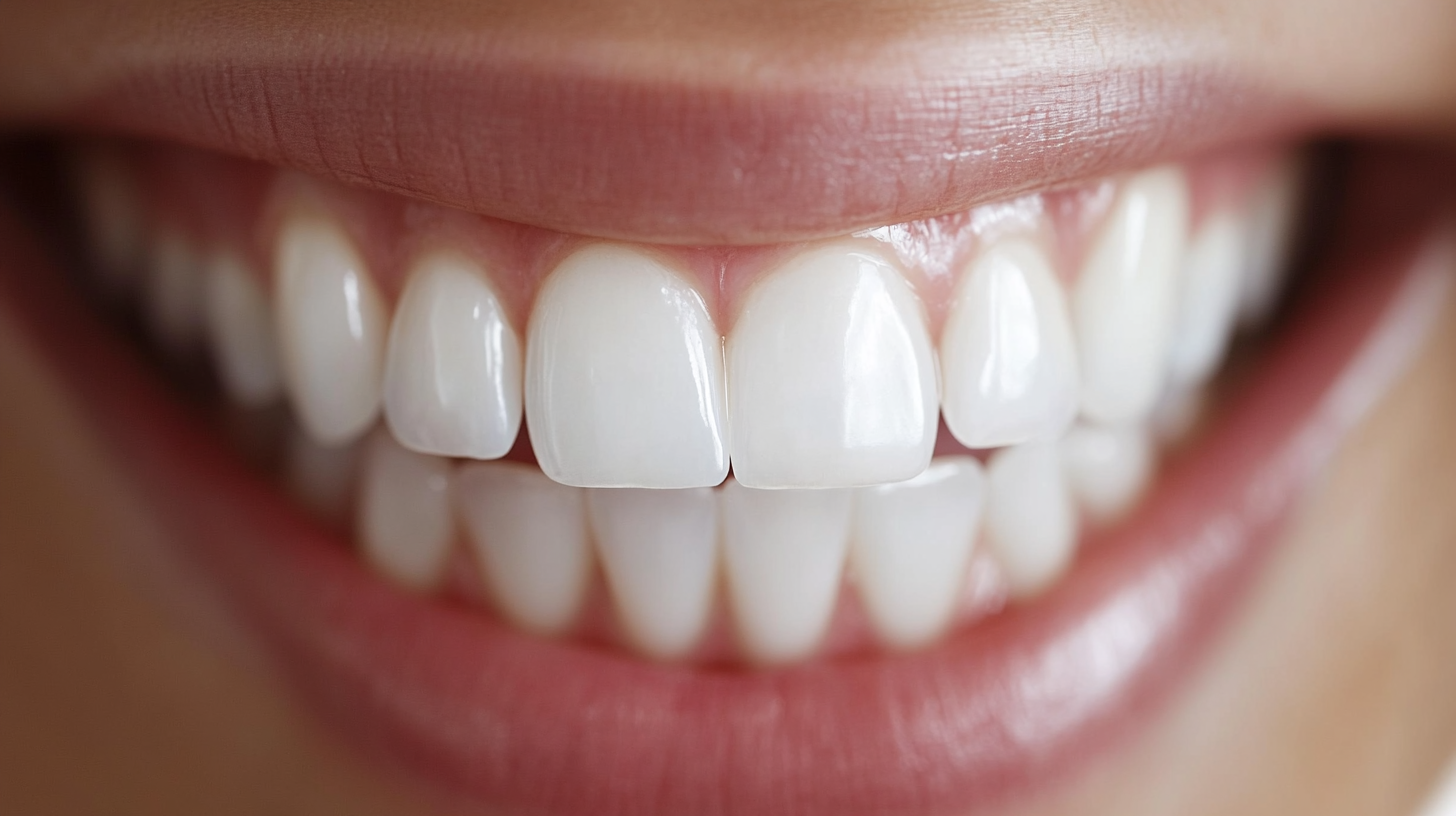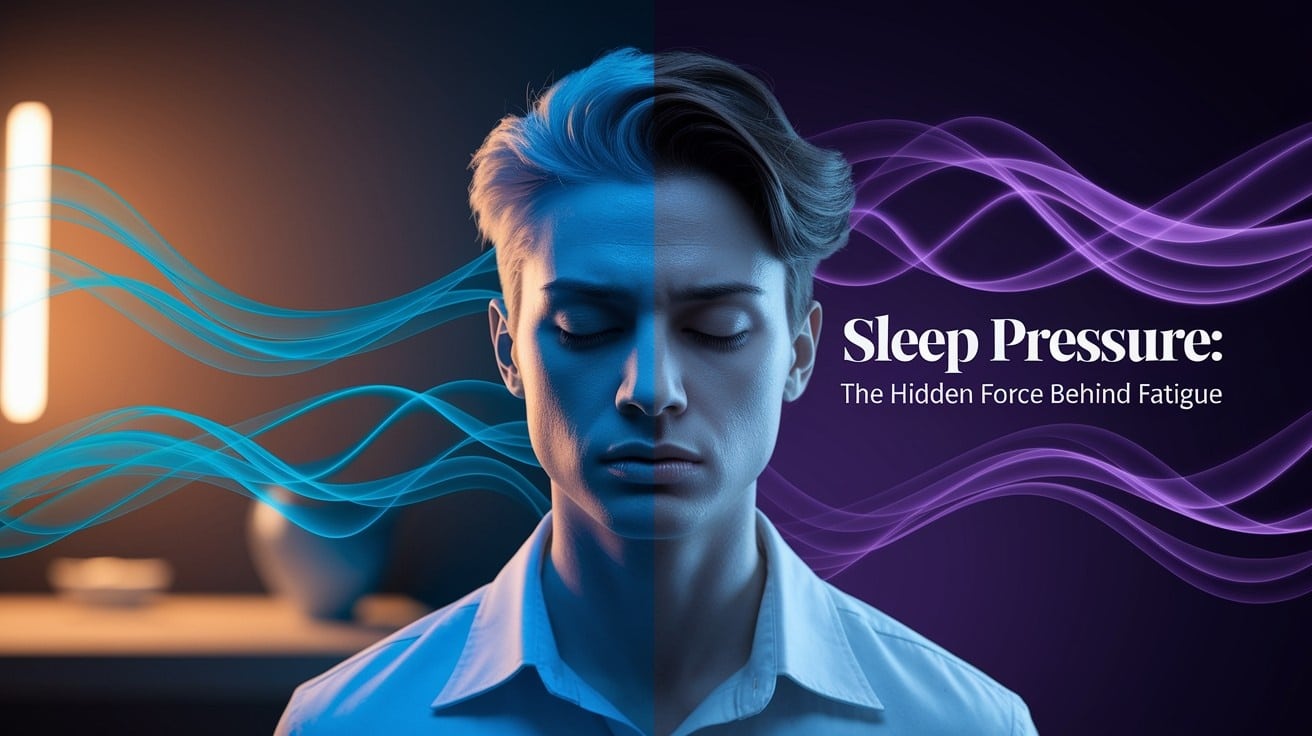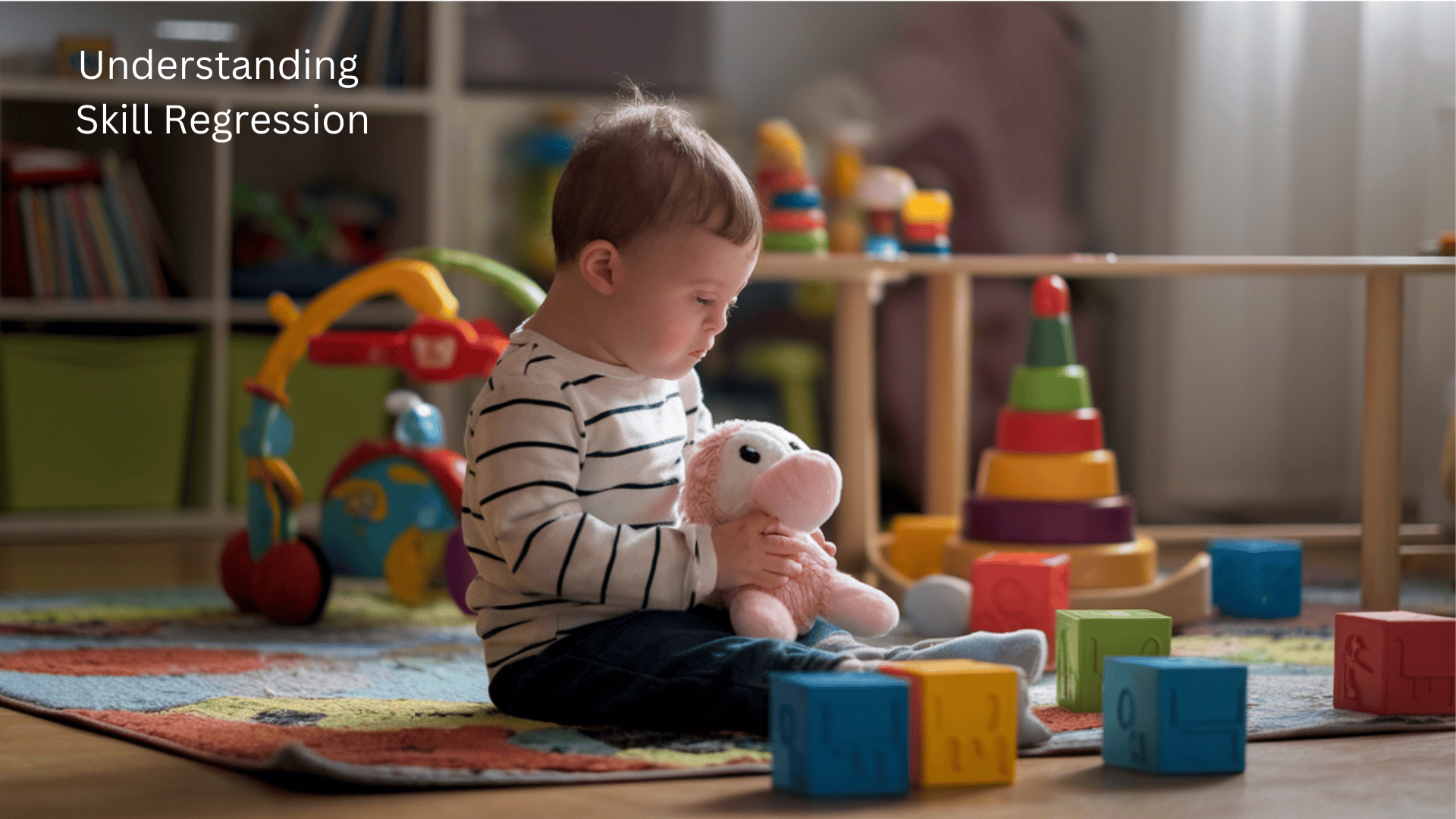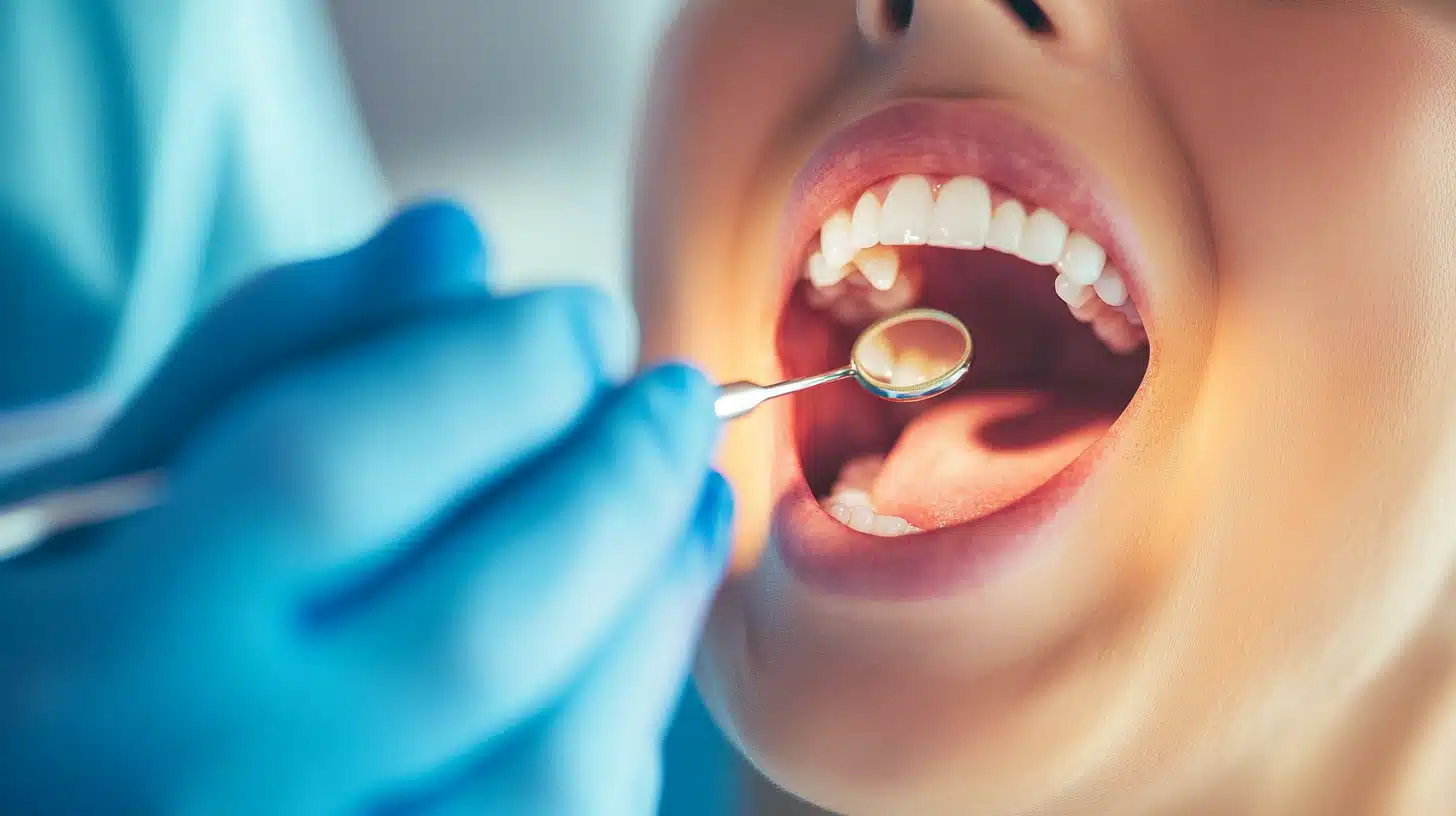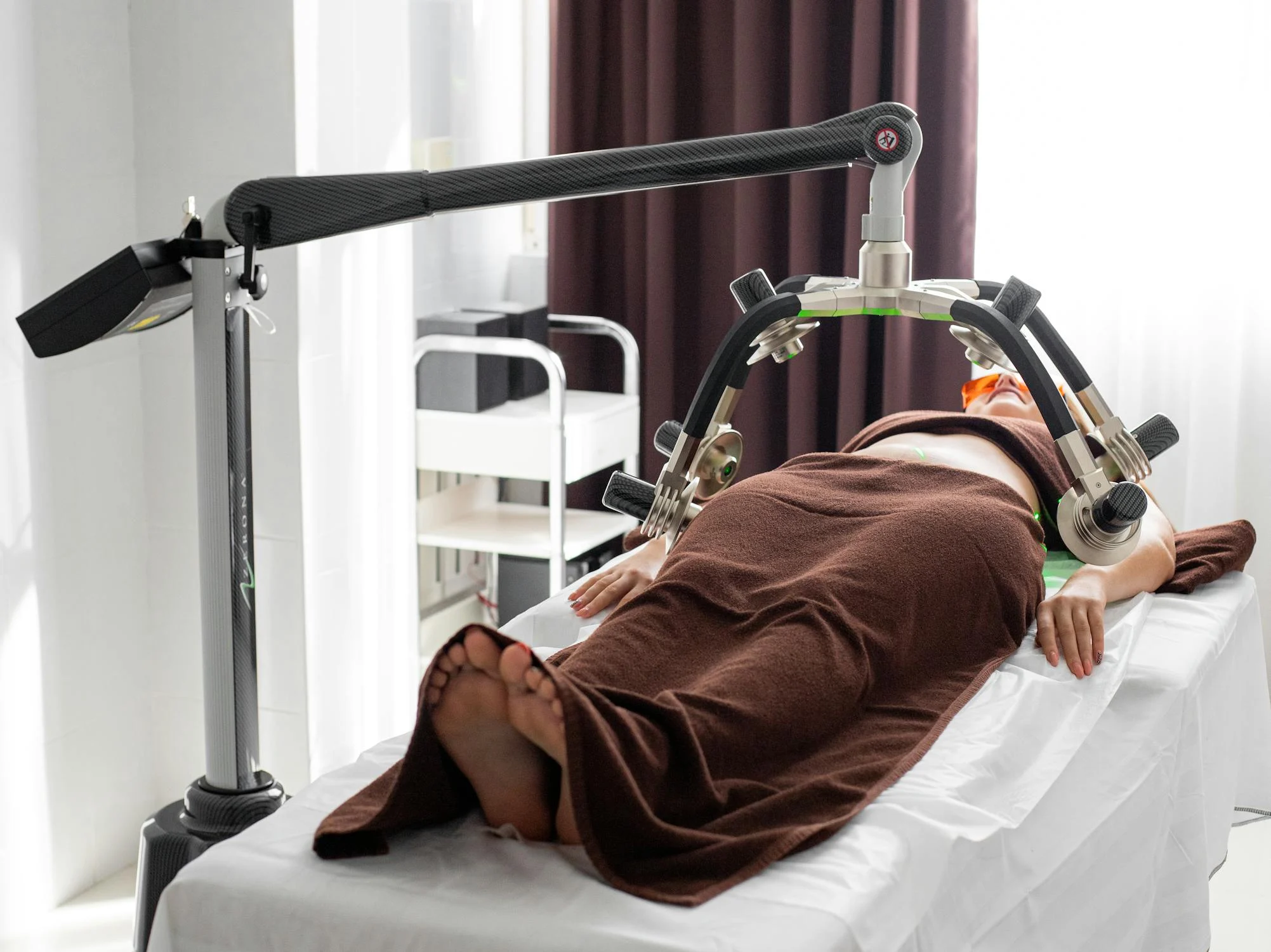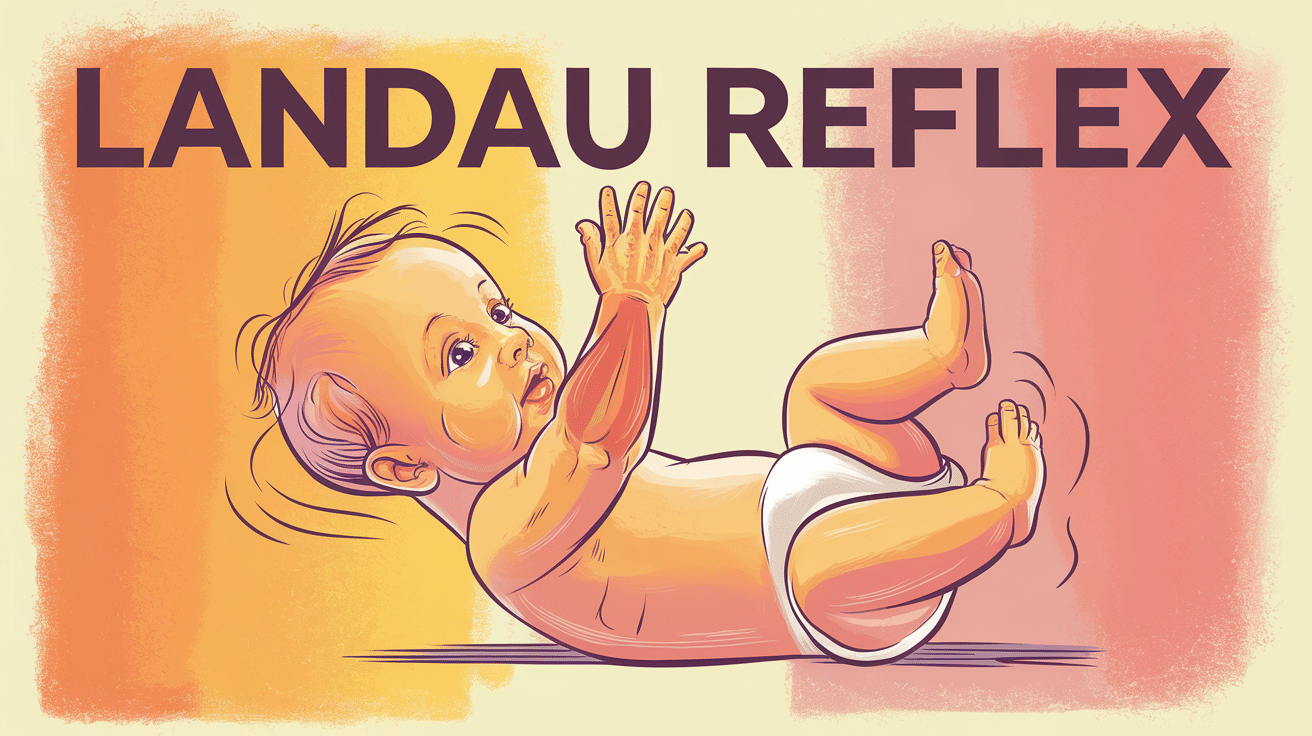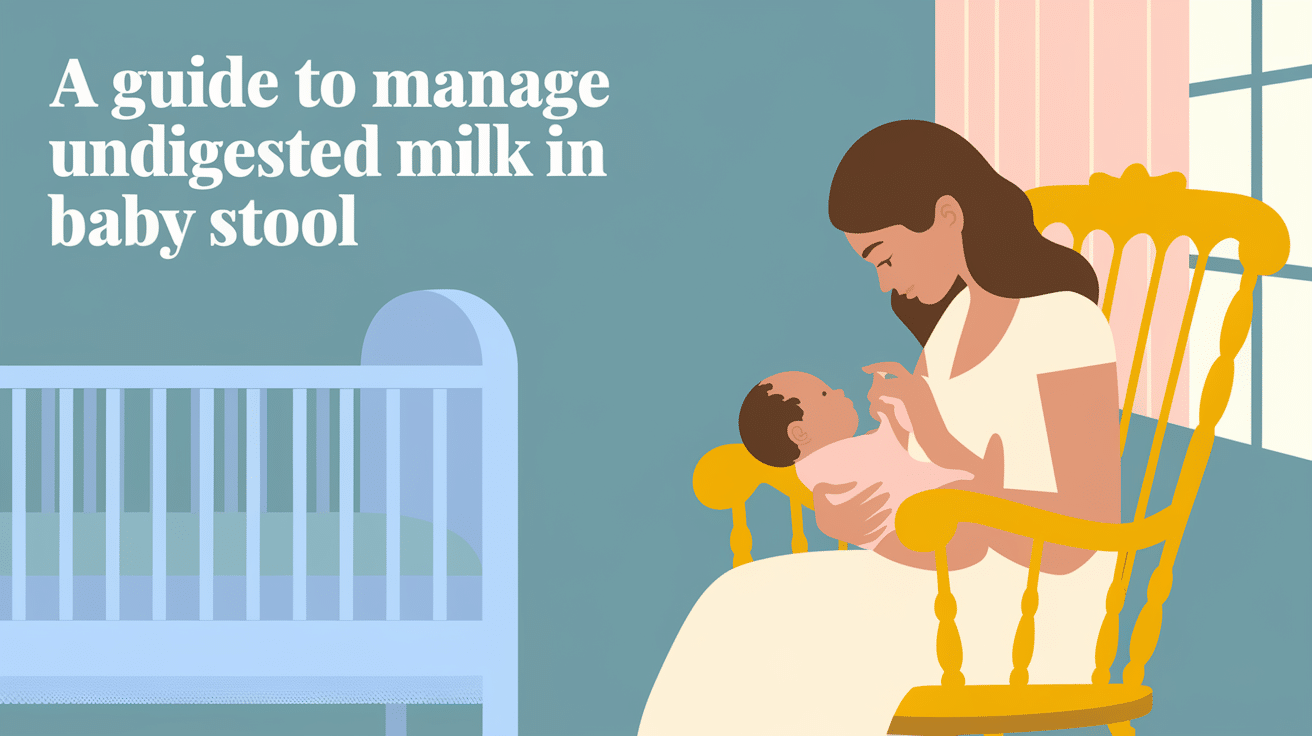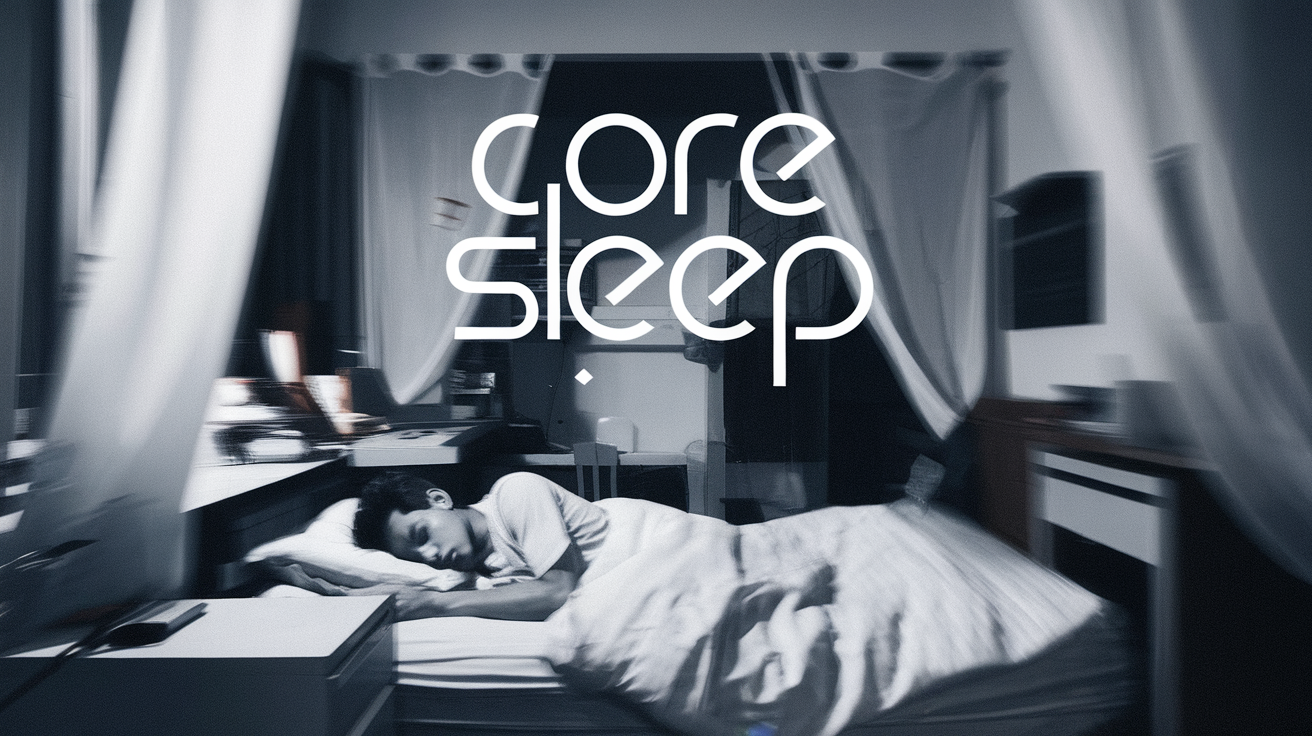
Are you waking up tired despite sleeping for hours? The problem might be your core sleep quality. Core sleep is your body’s essential, deep sleep to recharge and heal.
It’s the most vital phase of the sleep cycle, during which your brain processes memories and your body repairs itself.
Quality core sleep is crucial for your overall health, affecting everything from your immune system to your mental clarity and emotional well-being.
Poor core sleep can lead to serious consequences like weakened immunity, increased risk of chronic diseases, impaired cognitive function, and mood disorders.
Many people struggle with fatigue, brain fog, and irritability without realizing that insufficient core sleep might be the culprit.
In this guide, you’ll learn how to identify your core sleep needs, optimize your sleep environment, and develop habits that enhance your deep sleep quality.
What Makes Core Sleep So Vital for Your Health?
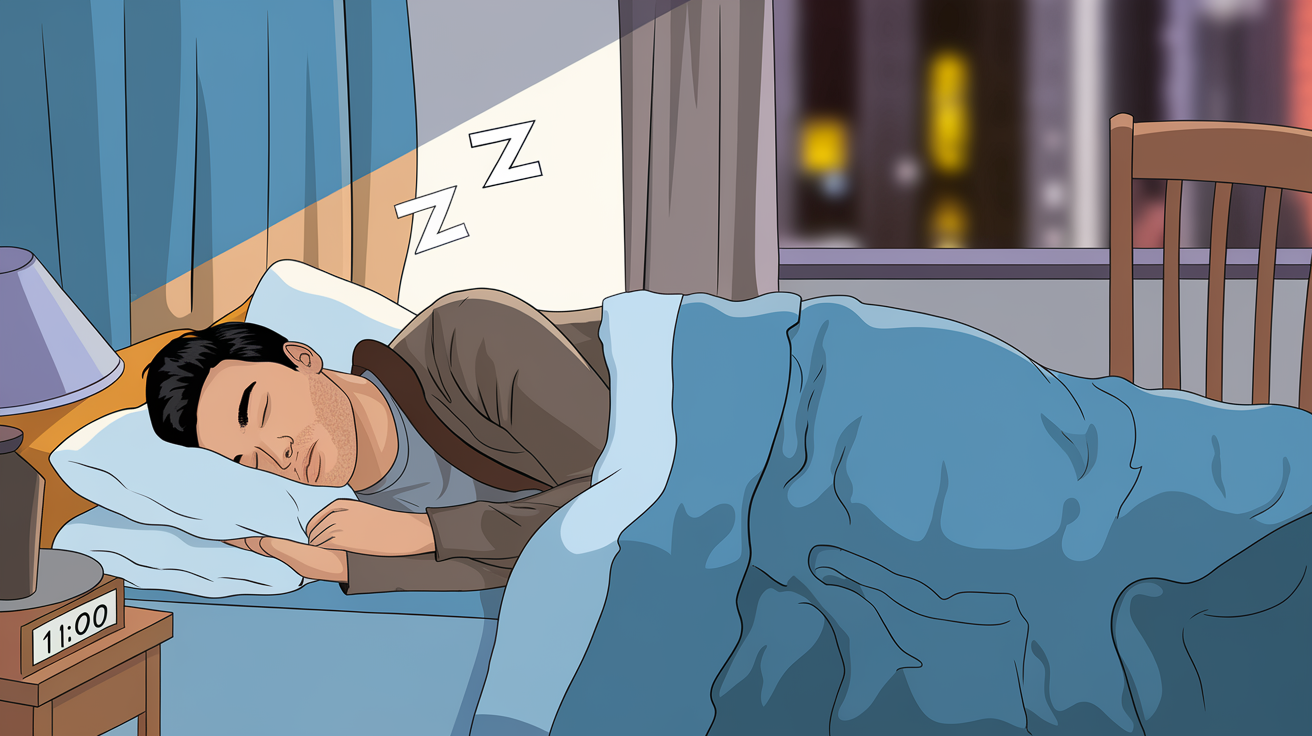
Core sleep is the deep sleep your body needs most. It’s the part of sleep when your body does its biggest repairs. Think of it as your body’s maintenance time – fixing muscles, building strength, and cleaning up your brain.
During core sleep, your brain sorts through memories from the day. It keeps the important stuff and gets rid of the junk. This is why you feel foggy and confused when you don’t get enough deep sleep.
Your immune system also gets stronger during core sleep. People who get good core sleep tend to get sick less often. They also recover faster when they do catch something.
Core sleep also helps control hormones that affect your hunger and stress levels. When you miss out on core sleep, these hormones get out of balance. This can make you feel hungry, grumpy, and on edge all day.
How to Make Your Core Sleep Better
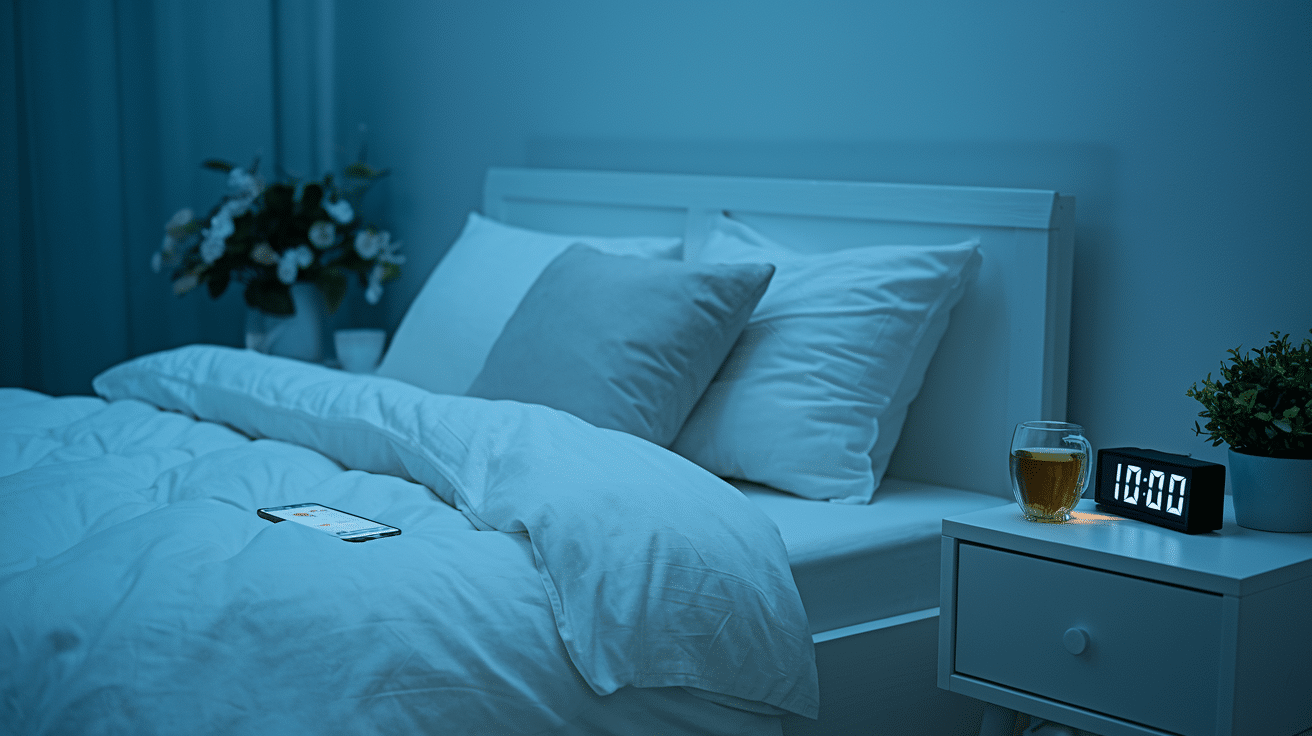
Maintain a Consistent Sleep Schedule – Go to bed and wake up at the same times each day, even on weekends, to help your body’s internal clockwork better.
Optimize Your Sleep Environment – Make your bedroom dark, quiet, and cool. Use a comfortable mattress and pillows that support your body well.
Limit Stimulants Before Bedtime – Avoid caffeine, alcohol, and big meals at least 3 hours before sleep. Stay away from screens that give off blue light.
Practice Relaxation Techniques – Try deep breathing, gentle stretching, or meditation before bed to calm your mind and body.
Get Enough Natural Light During the Day – Spend time outdoors or near windows during daylight hours to help regulate your sleep-wake cycle.
Exercise for Better Sleep Quality – Regular physical activity helps you fall asleep faster and enjoy deeper sleep, but try to finish workouts at least 1-2 hours before bedtime.
How Many Hours of Core Sleep Do You Need?
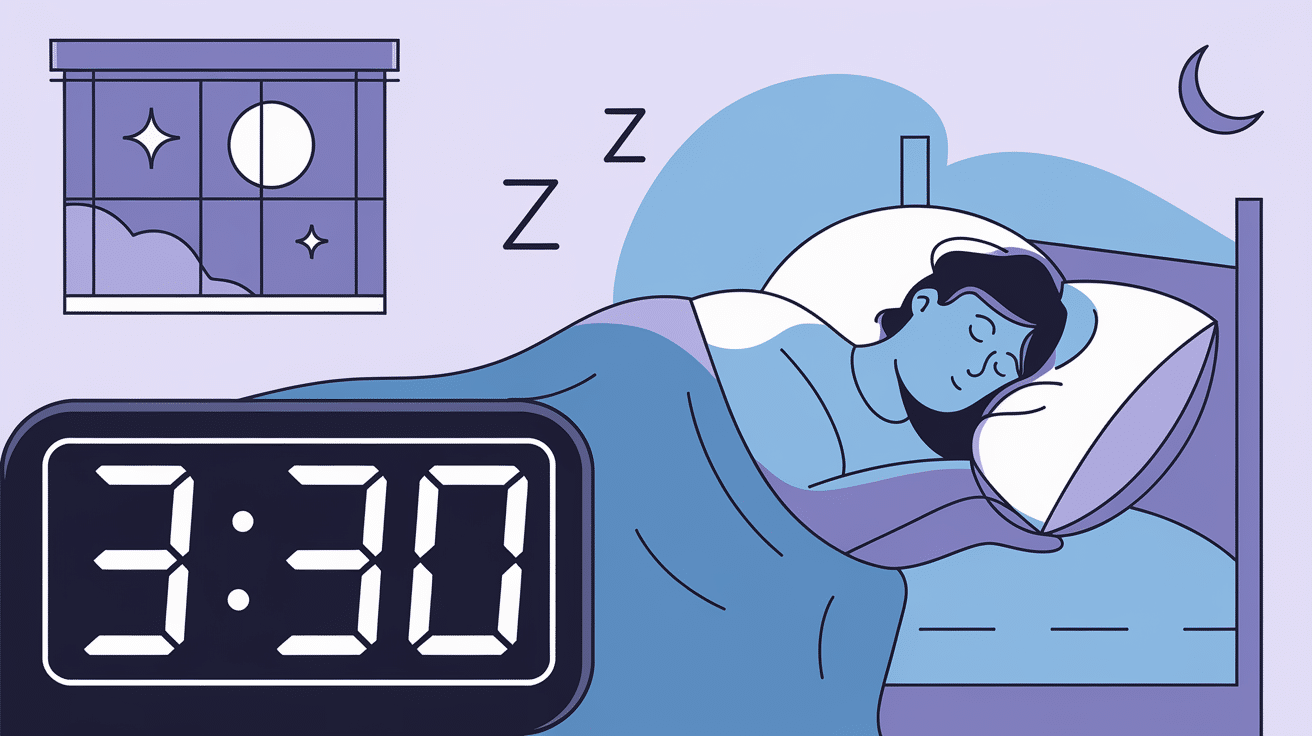
Core sleep refers to the essential, deep sleep required for physical and mental repair, differing from total sleep time, which includes lighter sleep stages and naps.
The table below outlines the recommended core sleep duration based on age groups to help maintain overall health and well-being.
| Age Group | Recommended Core Sleep Duration (Hours) |
|---|---|
| Newborns (0-3 months) | 10-12 hours |
| Infants (4-11 months) | 9-10 hours |
| Toddlers (1-2 years) | 8-9 hours |
| Preschoolers (3-5 years) | 7-9 hours |
| School-age children (6-12 years) | 6-8 hours |
| Teenagers (13-18 years) | 5-7 hours |
| Young adults (18-25 years) | 5-6 hours |
| Adults (26-64 years) | 4-6 hours |
| Older adults (65+ years) | 4-5 hours |
Advantages of Sleep
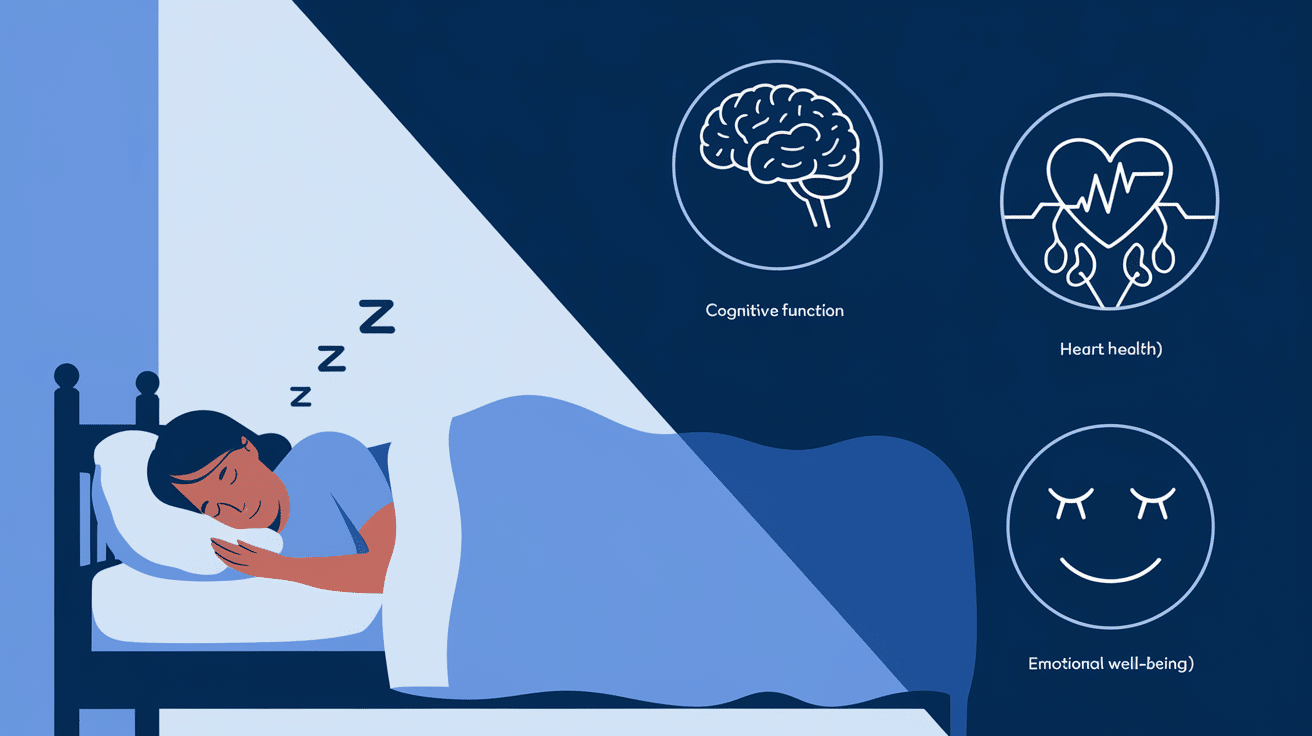
Makes Your Memory and Learning Better: Good core sleep helps your brain remember what you learned during the day. People who get enough core sleep do better on tests and learn new skills faster.
Keeps Your Body’s Defense System Strong: When you sleep deeply, your body makes more fighter cells that battle germs. This means you get sick less often and recover faster.
Helps Control Your Feelings and Stress: Core sleep helps your brain handle emotions. With enough deep sleep, you can stay calmer when problems arise and feel happier overall.
Makes Your Body Process Food Better: Your body handles sugar better when you get good core sleep. This helps keep your weight healthy and reduces cravings for unhealthy foods.
Gives You More Energy and Gets More Done: Core sleep recharges your body and mind. With enough of it, you feel more awake during the day and can focus better on your work or school.
Sleep Stages: How Your Body Rests
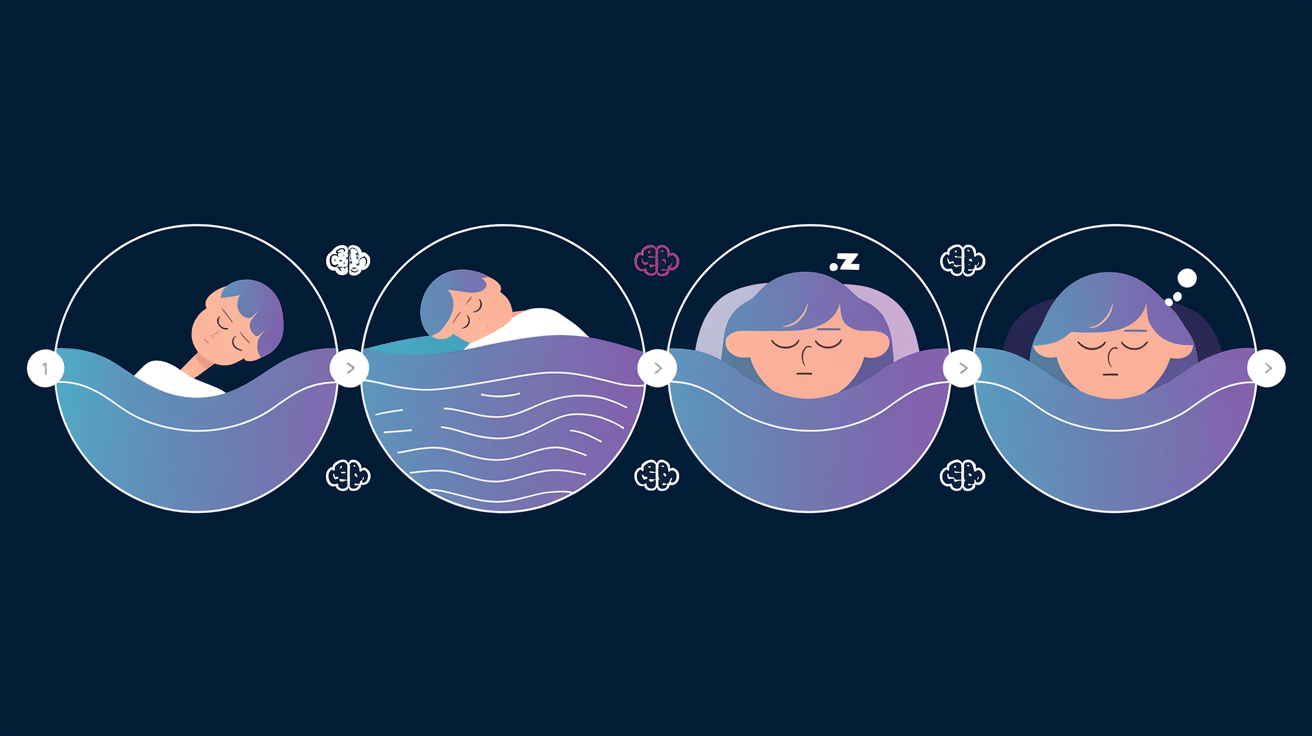
Stage 1: Light Sleep (Transition Stage) – When you first fall asleep. You can wake up easily; it only lasts a few minutes as your body relaxes.
Stage 2: Deeper Light Sleep – Your body gets cooler, and your heart beats slower. Your brain makes special wave patterns that show you’re truly asleep.
Stage 3: Deep Sleep (Slow-Wave Sleep) – This is when your body fixes itself. It repairs tissues, grows bones and muscles, and helps your immune system get stronger. Your brain waves are very slow.
Stage 4: REM Sleep (Dreaming Stage) – Your brain gets very busy while your body can’t move. This is when you have vivid dreams. It helps store memories and process feelings.
How Core Sleep Differs from Total Sleep Time
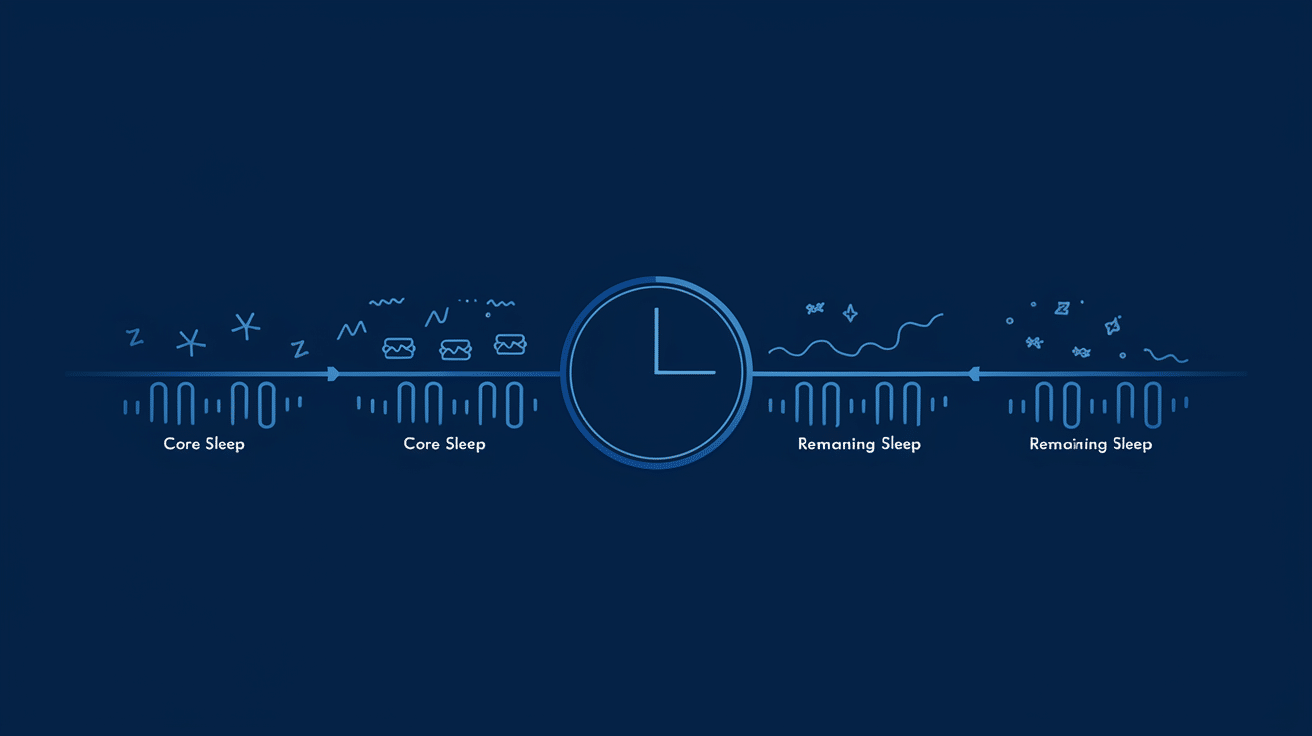
Core and total sleep aren’t the same, though many confuse them. Let’s break down what makes them different and why it matters for your health.
Core Sleep
Core sleep is the deep, restorative phase when your body does its heavy lifting. During those precious hours of slow-wave sleep, your brain cleans house, your muscles repair, and your immune system powers up.
Think of it as quality over quantity. You might be in bed for eight hours, but those four to six hours of core sleep count for adults.
Total Sleep
Total sleep includes everything – the deep stuff plus those lighter phases when drifting off or about to wake up.
Some people mistake time in bed for total sleep, but scrolling through your phone before dozing off doesn’t count.
Your total sleep combines all sleep stages, including REM when dreaming and processing emotions.
Wrapping It Up
Core sleep is the most important part of rest. It helps your body heal, grow, and stay healthy. Good core sleep also improves brain function, keeps your mood happy, and gives you energy for the day.
Start making sleep a big deal in your life. Go to bed at the same time each night. Make your bedroom cozy, dark, and quiet. Turn off screens before bedtime.
If you still have trouble sleeping after trying these tips, talk to your doctor. They can help figure out if something else is causing sleep problems.
Try keeping a sleep diary for two weeks. Write down when you go to bed when you wake up, and how you feel. This can help you see what works best for your core sleep.
Pick one sleep tip and start using it tonight. Small changes lead to better sleep and better health. Remember, Quality sleep isn’t just a dream—it’s a choice you make every day.







